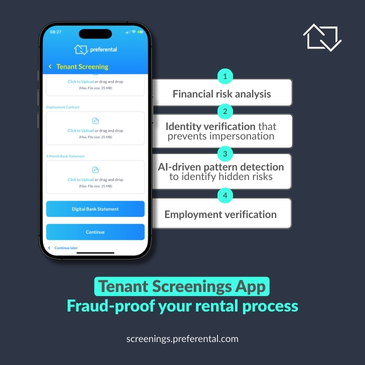Mastering the Buy-to-Let Boom: Essential Property Investment Strategies
The demand for investment properties is on the rise, as evidenced by ooba Home Loans reporting that buy-to-let applications accounted for 13% of all applications processed in Q1 2024, marking a 5% year-on-year increase.
Grant Smee, Managing Director of Only Realty Holdings, highlights the impact of this boom, particularly in the Western Cape where investment properties contributed a significant 31.1% of all applications processed, coinciding with record-low rental vacancies of 3.18% in the region.
However, amidst this surge, Smee cautions that not all investment properties guarantee substantial rental returns. "Property investment can be a fruitful wealth creation strategy, but rushing in without proper research can lead to costly mistakes," he advises.
Key Rules of Property Investment
1. Define Your Strategy and Goals: Smee emphasizes the importance of due diligence and having a clear plan aligned with long-term market realities rather than seeking quick gains.
2. Adaptability: It's crucial to regularly review and adjust your investment strategy to match changes in risk tolerance and financial independence as circumstances evolve.
3. Negotiation and Costs: Smee underscores the necessity of factoring in all costs, including high South African levies, fluctuating interest rates, and potential expenses like eviction fees, which can significantly impact profitability.
Selecting the Right Property
Smee stresses that selecting a profitable investment property hinges on two critical factors:
• Location: Research vacancy rates in specific neighbourhoods to gauge true demand, not just city-wide trends, leveraging resources like the Payprop Rental Index or local estate agents.
• Understanding Your Target Market: Tailor your property choice to appeal to your desired demographic; for instance, prioritize convenience and lifestyle amenities for young professionals or proximity to schools and healthcare for families.
Other Considerations
• Local Crime Levels
• Property Condition
• Rental Laws and Insurance
• Long-term versus Short-term Investment Strategy
Maximizing Investment Profitability
Rental income varies significantly across South Africa, with provinces like the Northwest averaging R6,301 and the Western Cape commanding R10,300 per month, emphasizing the importance of location in maximizing returns.
Smee advises exploring non-traditional financing avenues such as partnerships, structured finance, joint ventures, or involving family or angel investors to optimize profitability. He also highlights potential tax benefits associated with rental property ownership, including deductible expenses like levies, maintenance, and insurance premiums.
Short-term Rentals vs. Long-term Leases
While short-term rentals can yield higher incomes, especially in tourism hotspots like Cape Town, they require more intensive management and come with seasonal demand fluctuations. Smee recommends weighing these factors against the potential for increased revenue.
In conclusion, navigating the buy-to-let market requires a balanced approach that includes thorough research, strategic planning, and understanding the nuances of property investment dynamics to capitalize on emerging opportunities effectively.






.avif)

.avif)


.avif)

.avif)




.svg)


.avif)

.avif)







%20.avif)








.avif)
%20.avif)
